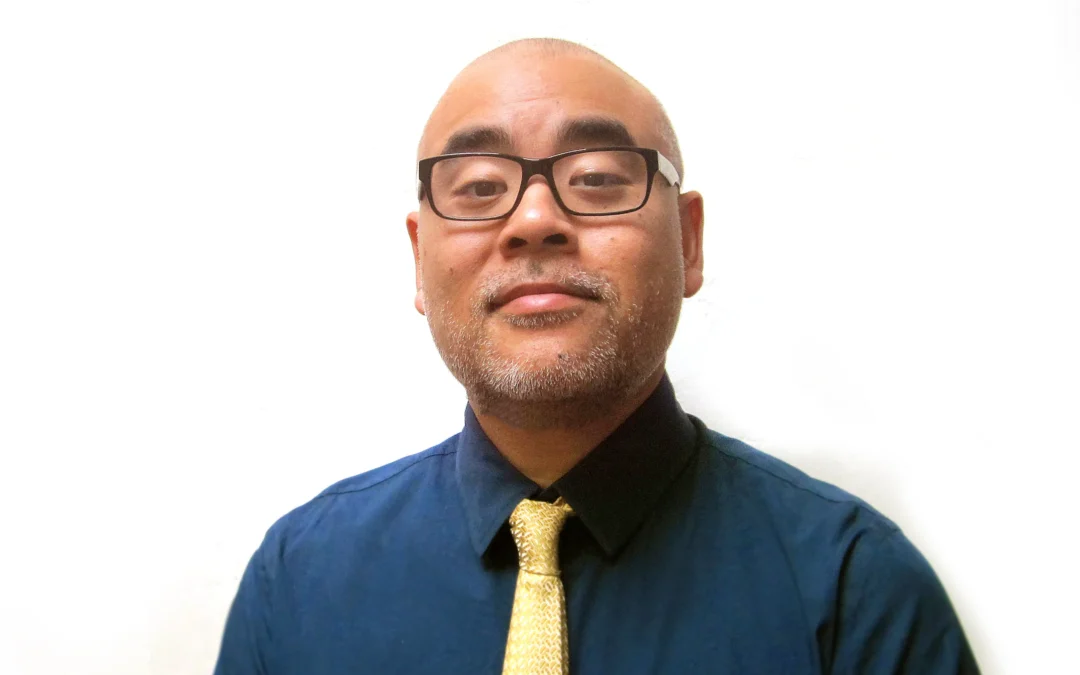
by Michele Kirichanskaya | Apr 2, 2025 | Blog
Dan Santat is the Caldecott Medal–winning and New York Times–bestselling author and illustrator of The Adventures of Beekle: The Unimaginary Friend and the road trip/time travel adventure Are We There Yet? His artwork is also featured in numerous picture books,...
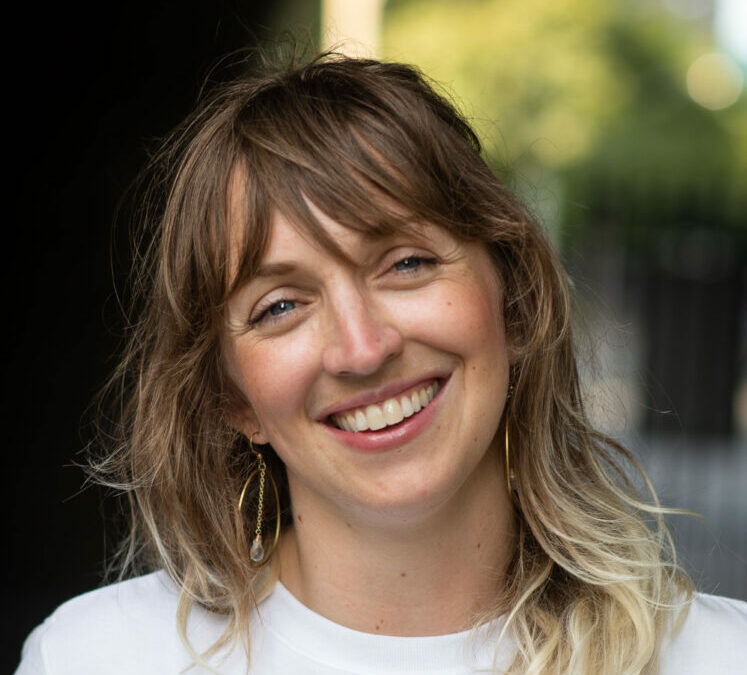
by Michele Kirichanskaya | Jul 24, 2024 | Blog
Kaleigh Trace is a writer and therapist living in Toronto. In a previous life she made sex education her business. Her first book, Hot, Wet, and Shaking: How I Learned to Talk about Sex was published in 2014 and won the Evelyn Richardson Non-Fiction Award. In 2024,...
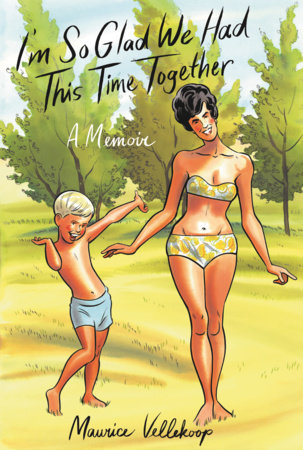
by Michele Kirichanskaya | Mar 23, 2024 | Blog
Maurice Vellekoop was born in Toronto in 1964. After graduating from Ontario College of Art (now OCADU) in 1986, Maurice Vellekoop joined Reactor Art and Design, an agency for illustrators. In a more than thirty-five year career, Maurice Vellekoop has worked for top...
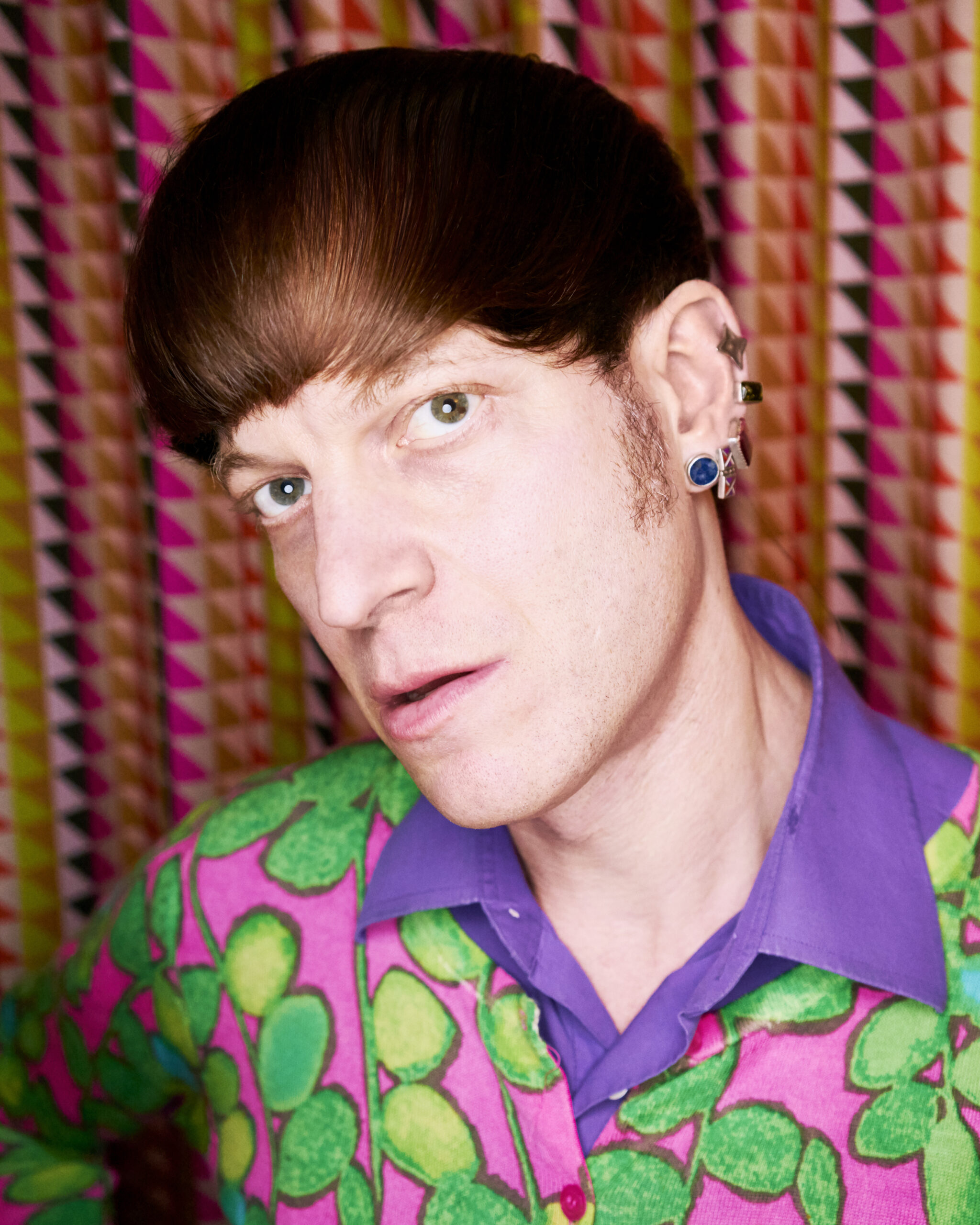
by Michele Kirichanskaya | Nov 25, 2023 | Blog
Mattilda Bernstein Sycamore is the author of three novels and a memoir, and the editor of five nonfiction anthologies. Her memoir, The End of San Francisco, won a Lambda Literary Award, and her anthology, Why Are Faggots So Afraid of Faggots?: Flaming Challenges to...
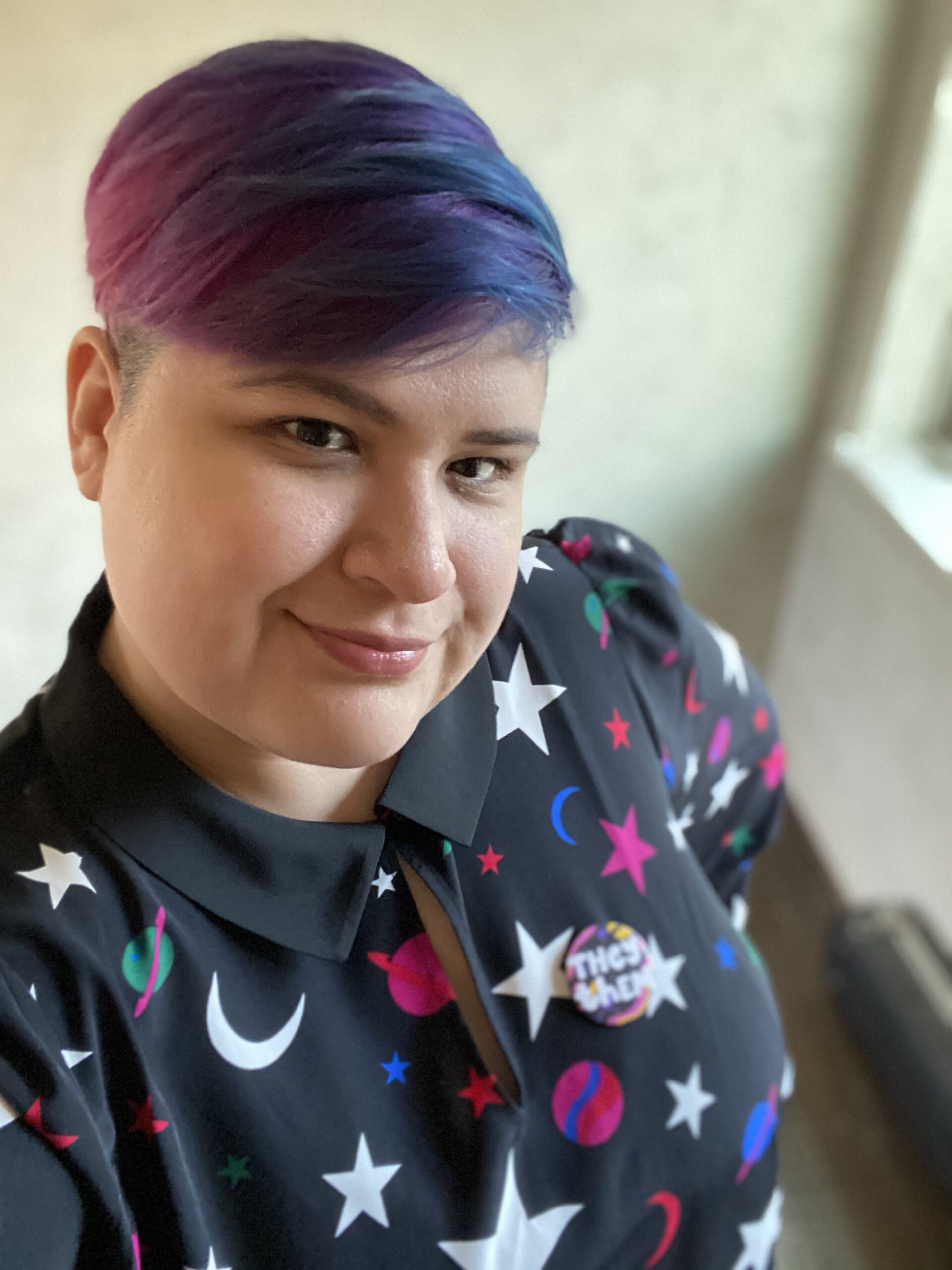
by Michele Kirichanskaya | Jun 11, 2023 | Blog
Christine Suggs is an illustrator, designer, and comic artist. Their work explores the intersection of their identities, namely being a queer, fat, Latinx feminist who loves all things cute. They’re also way too into Pokémon and cats. They’re currently...






